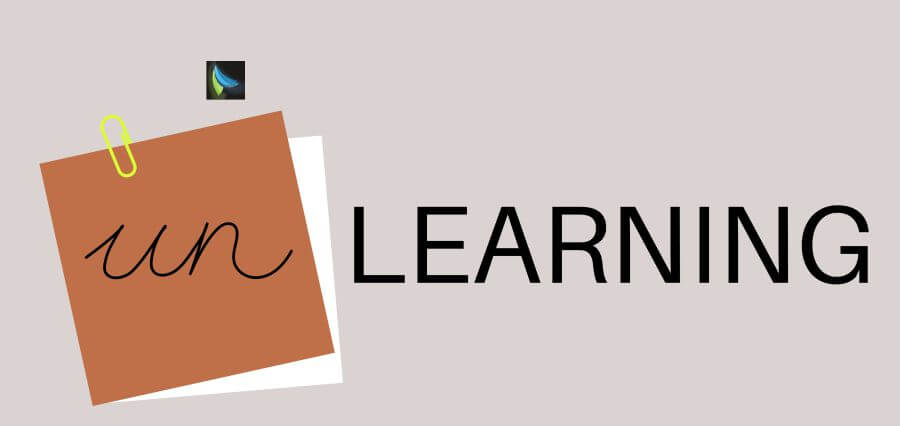Quite simply, in highly changing times, a successful leader likely requires abandoning old practice and developing new ones. Executive coaches help leaders “unlearn” the deeply ingrained habits and mindsets that are no longer working for them or their organizations. That’s hard because it calls for destroying or weakening the rather fixed thought processes, making room for new ideas, and embracing change while adopting a growth mindset.
- Identifying Obsolete Beliefs and Practices Identification of which practice has become obsolete is the first step in taking the leader through the process of unlearning. Executive coaches make the leaders more self-aware by using insightful questions, 360-degree feedback assessments, and reflection regarding how current behavior impacts the teams they are working with and their objectives. Harvard Business Review describes that the business environment changes so fast that for a leader, it becomes the mandate to always ask themselves if their strategy is still effective or is actually a hindrance to better mechanisms. Self-assessment is a key requirement because aged beliefs run interference subtly in various efforts, especially when there is disruption.
- Mindset Changes
Executive coaches mentor leaders in reframing their aged mindsets with fresh approaches. Coaches shift attention from being devoted to past success to potential future adaptability. Coaches encourage leaders to think of change more like a possibility than as a threat. By using tools, such as cognitive behavioral techniques, that might facilitate replacing concrete thinking with a growth-oriented mindset, coaches can accomplish this. A perspective developed by McKinsey & Company is that leaders who create adaptable mindsets are in better positions to drive innovation and promote organizational agility.
- Taking Vulnerability and Growth
Usually, relinquishing old habits is a very liberating act and often a daunting task for any leader since he is pushed out of his comfort zone. Coaches help leaders recognize that accepting vulnerability is a strength, learning (and unlearning) is the very characteristic of resilient leadership. Such vulnerabilities can often have a positive ripple effect throughout an organization, making it easier for teams to change and to learn. According to Stanford Graduate School of Business, vulnerability and openness are the basis for creativity and trust among team members.
- Unlearning Culture Development
The process of unlearning extends beyond individual leaders. Coaches help executives build a culture of continuous learning and agility in the organization. These can be in the form of cross-functional collaboration, open discussions regarding past failures, and creating systems that reward innovative thinking. According to Forbes, organizations with cultures that emphasize learning and unlearning outperform those identified by inflexible practice because they can pivot very easily to the demands of the market.
Conclusion: Art of Forgetting-Learning for Long-term Success
Unlearning outdated ways is an exceptionally important leadership skill in a constantly disrupted world. Executive coaches make pathways in leaders toward greater adaptability and relevance through self-awareness, mind-set shift, and sometimes embracing the willingness to be vulnerable. Leaders grow personally while cultivating resilience and innovation within their teams-that lead to sustainable success in an ever-changing business landscape-through an environment that habituates constant evolution.
Read More: Click Here


















